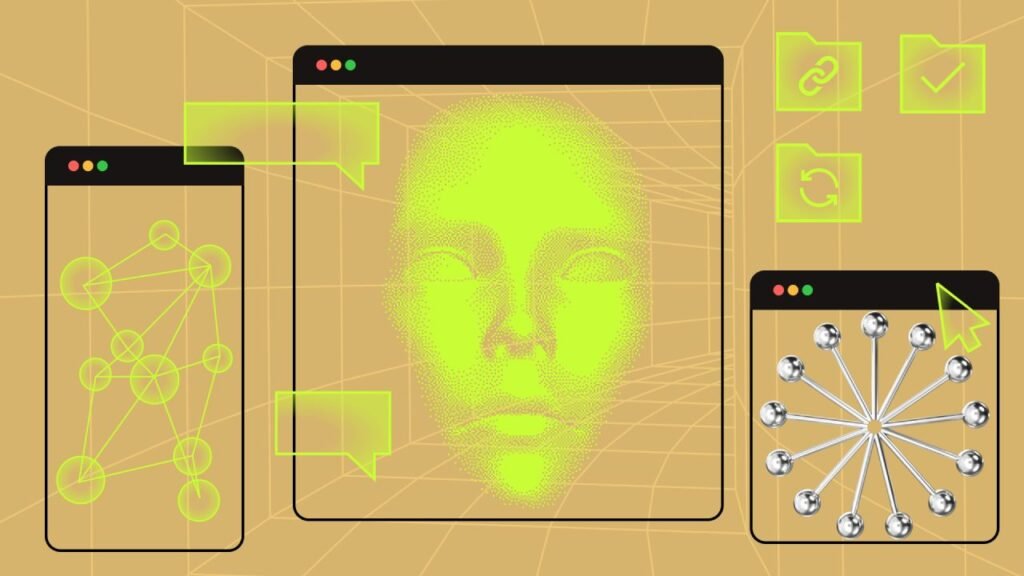Decentralized AI, AI integrated into systems with distributed ownership, governance, and collaboration, has seen unprecedented growth in 2024. Investors poured $436 million into the sector, marking a nearly 200% increase from 2023. This surge parallels the global AI market’s market cap of $214 billion this year, showcasing the convergence of AI and blockchain reshaping the development, access, and deployment of these technologies.
Projects like SingularityNET exemplify decentralized AI by enabling the creation, sharing, and monetization of AI services. The recent merger of SingularityNET, Fetch.ai, and Ocean Protocol aims to democratize access to AI technologies and enhance collaborative AI initiatives. Decentralized AI addresses privacy and ownership concerns by allowing users to have shared ownership of AI agents, combining the transparency of blockchain with the intelligence of AI.
While decentralized AI presents significant opportunities, it also faces challenges. Scalability, trust, governance, and data privacy are issues that need to be addressed to foster trust and adoption. Projects like OG Labs and Warden Protocol are demonstrating the potential of decentralized AI through real-world applications. Moving forward, equitable development, incentivizing broad participation, and showcasing practical use cases will be crucial for the sustainable growth of decentralized AI.
The future of decentralized AI looks promising, with Forbes projecting the global AI market to reach $1,339 billion by 2030. This growth highlights the opportunity for decentralized systems to scale alongside traditional AI in powering smart cities, financial tools, and collaborative networks, transforming industries with a focus on privacy, efficiency, and user ownership. To realize its potential, decentralized AI must prioritize real-world applications and sustainable infrastructure, paving the way for transformative and practical use cases in various industries.

